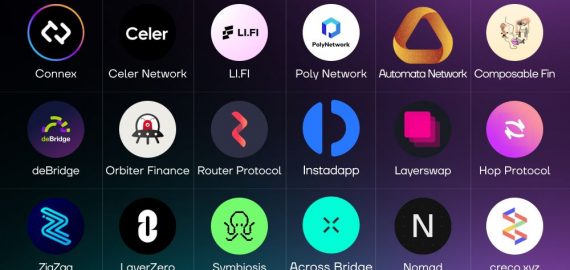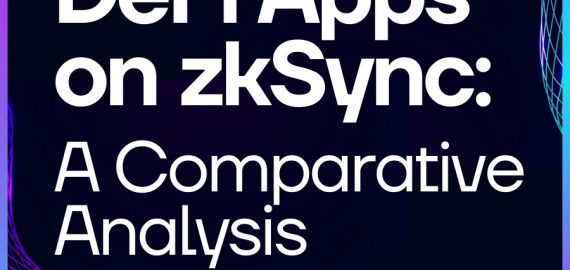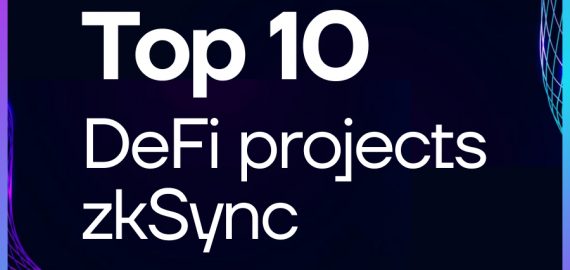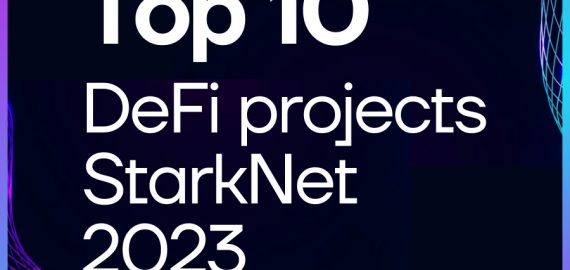ZK-Proofs: What Is Zero Knowledge?
In Brief
Zero-knowledge proof (ZKP) is a cryptographic technique that permits the validation of a statement's accuracy without the need to reveal the underlying information. This method is gaining popularity in fields such as blockchain, cryptocurrency, and decentralized finance (DeFi) due to its unique ability to enhance both privacy and security.
In the fast-paced world of digital technologies, the importance of privacy and security cannot be overstated. As we progress toward a future dominated by online transactions, the appetite for technologies that can protect privacy while confirming transaction authenticity is on the rise. A standout technology in this domain is zero-knowledge proofs (ZKP).
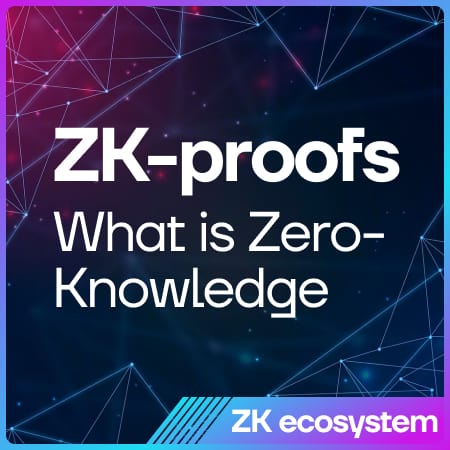
Zero-knowledge proof (ZKP) represents a cryptographic principle where one individual can demonstrate to another that they possess knowledge of a certain value or information without disclosing the specifics of that information.
TL;DR
ZKP serves as a cryptographic approach that allows confirmation of a statement’s validity without exposing the actual details. Its relevance is increasingly recognized in the realms of blockchain, cryptocurrency, and DeFi, given its capacity to enhance privacy and security.
Numerous DeFi platforms are adopting ZKPs to bolster user privacy and security in activities such as lending, borrowing, and trading. Leading blockchain networks are now implementing ZKP-based innovations like rollups and zero-knowledge Ethereum Virtual Machines (zkEVMs). As these applications expand, zero-knowledge proofs are expected to become crucial in the advancement of blockchain technologies and the web3 space.
Zero-Knowledge Proofs
The concept of zero-knowledge proof (ZKP) allows for verifying the legitimacy of information without disclosing its content. This technology is increasingly essential within sectors like blockchain, cryptocurrency, and DeFi.
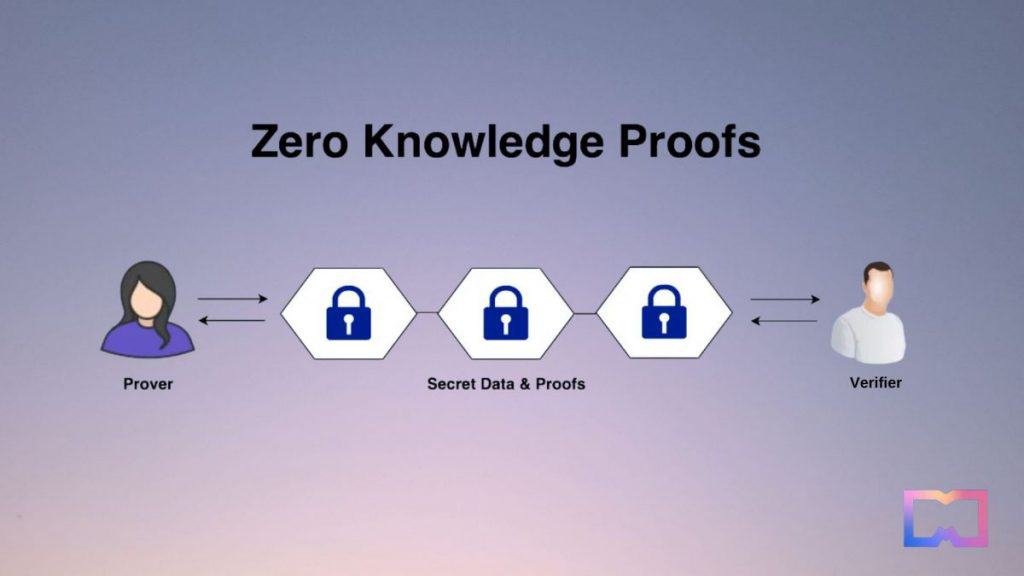
Working Mechanism
In a ZKP framework, one party can verify the truth of a statement presented by the prover, who generates a unique mathematical proof that the verifier can authenticate without reconstructing any original data.
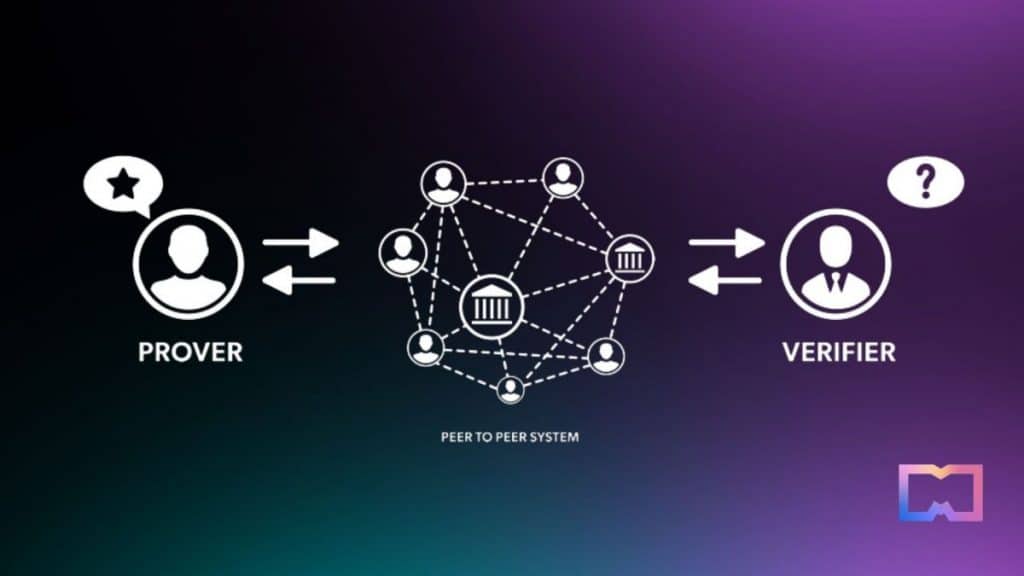
Applications and Use Cases
The rising need for privacy and security in the realm of digital transactions is driving the adoption of zero-knowledge proofs within blockchain and crypto sectors. As multiple protocols incorporate ZKP technologies and key blockchain networks develop zero-knowledge roll-ups, the fascination with these solutions continues to rise.
ZKP is being utilized across various DeFi initiatives, including private token transfers and secure lending and borrowing scenarios, commonly through a specific variant of ZKP known as ZK-SNARKs A significant progression in the realm of zero-knowledge proofs is seen with a heightened emphasis on scalability and operational efficiency through zk-rollups. This method consolidates several transactions into a single larger one that is then recorded on the blockchain, enhancing network throughput.
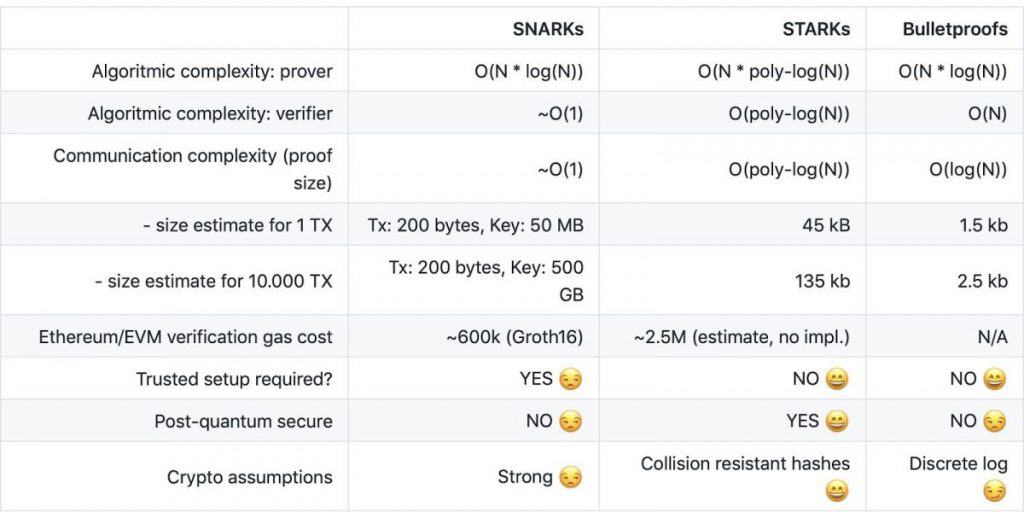
Key applications of ZKP encompass digital identity authentication, privacy-enhancing transactions, secure transfers, tokenization, ownership validation, and adherence to global compliance. For example, ZKPs can confirm user identities while keeping sensitive personal data concealed, applicable in digital voting systems, and can enable privacy-preserving transactions on decentralized exchanges without revealing user identities or transaction specifics.
The Future of ZKP in Blockchain
We foresee advancements in cross-chain privacy solutions, allowing for transactions between different blockchain ecosystems while maintaining privacy for all parties involved.
Furthermore, the adoption rate of ZK-STARKs, a more efficient and secure variant of zero-knowledge proofs compared to ZK-SNARKs, is expected to increase. Anticipate the development of user-friendly ZKP toolkits designed to empower developers from various fields to leverage this innovative technology.
Recommended post: Best 30+ ChatGPT Plugins
Limitations of ZKP
Despite the benefits, it’s essential to recognize that zero-knowledge proofs have their challenges. They do not offer an absolute guarantee, and while the likelihood of a false verification is minimal, it is prudent for users to remember that ZKPs aren’t infallible. Additionally, the computational demands required by the algorithms in use can be significant, and certain types of ZKPs may necessitate multiple interactions between provers and verifiers, making them resource-intensive.
Conclusion
Zero-knowledge proofs are emerging as a groundbreaking technology in the cryptography domain, shifting our perspective on privacy and security in online transactions. With the ongoing increase in demand for secure and private interactions, ZKPs are set to become essential players in the future digital landscape.
Nevertheless, like any evolving technology, ZKPs present challenges, particularly concerning computational demands and the absence of complete certainty. As advancements unfold, addressing these issues will be crucial to unlocking the full potential of ZKPs. Moving forward, demonstrating knowledge without disclosing specifics will undoubtedly remain vital in preserving privacy in our increasingly digital world.
Read more:
- ZK-Proofs: What Advantages Do They Offer?
- ZK-SNARKs vs. ZK-STARKs: What's the Difference Between These ZK Proofs?
- Understanding the Evolution of Zero-Knowledge Proofs: From Cryptography to Blockchain
Disclaimer
In line with the Trust Project guidelines , please remember that the information provided on this page is not intended to serve as legal, tax, investment, financial, or any other form of advisory. It’s crucial to only invest what you can afford to lose and to seek independent financial guidance if you have any uncertainties. For further insights, we recommend reviewing the issuer’s or advertiser’s terms and conditions alongside their support resources. MetaversePost emphasizes accuracy and impartiality in its reporting, although market dynamics may shift unexpectedly.




